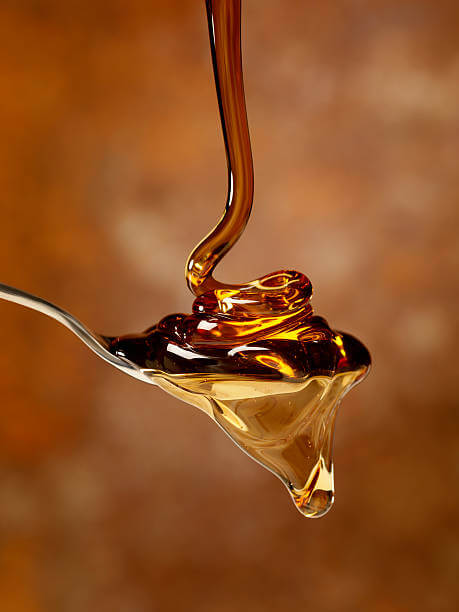Maple syrup is a natural sweetener produced by tapping the sap of maple trees. It has been enjoyed as a delicious condiment and ingredient for centuries, especially in North America. However, like most foods, maple syrup has its pros and cons, and it’s essential to understand them before including it in your diet.
Pro’s

- Rich in Antioxidants: Maple syrup contains a variety of antioxidants, including phenolic compounds that help fight inflammation and protect cells from oxidative damage. In fact, some studies have shown that the antioxidant capacity of maple syrup is comparable to that of other antioxidant-rich foods like berries and green tea.
- Nutrient-rich: Maple syrup is a good source of nutrients, including manganese, which is important for bone health and metabolism, and zinc, which plays a role in immune function and wound healing. It also contains calcium, potassium, and iron.
- Low glycemic index: Maple syrup has a lower glycemic index than regular sugar, which means it doesn’t cause a rapid spike in blood sugar levels. This makes it a good option for people with diabetes or those who are watching their blood sugar levels.
- Versatile: Maple syrup can be used in a variety of dishes, from sweetening pancakes and waffles to glazing meats and vegetables. It adds a unique flavor profile to any recipe and is a healthier alternative to processed sugar.
Con’s
- High in Calories: Maple syrup is high in calories, with about 52 calories per tablespoon. This means it can contribute to weight gain if consumed in excess.
- High in Sugar: While maple syrup has a lower glycemic index than regular sugar, it still contains a significant amount of sugar. Excessive consumption of sugar has been linked to several health problems, including obesity, type 2 diabetes, and heart disease.
- Expensive: Maple syrup is more expensive than regular sugar and other sweeteners, which can make it a less attractive option for those on a budget.
- Limited availability: Maple syrup is primarily produced in North America, which means it may not be readily available in other parts of the world. This can make it difficult for people in other regions to enjoy its benefits.
In conclusion, maple syrup has several health benefits, including its antioxidant content, nutrient density, and low glycemic index. However, it is important to consume it in moderation due to its high calorie and sugar content.
If you are on a budget or live in an area where it is not readily available, there are other healthy sweetener alternatives to consider.
